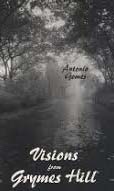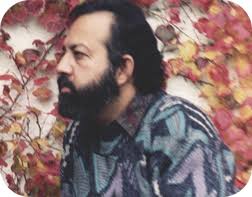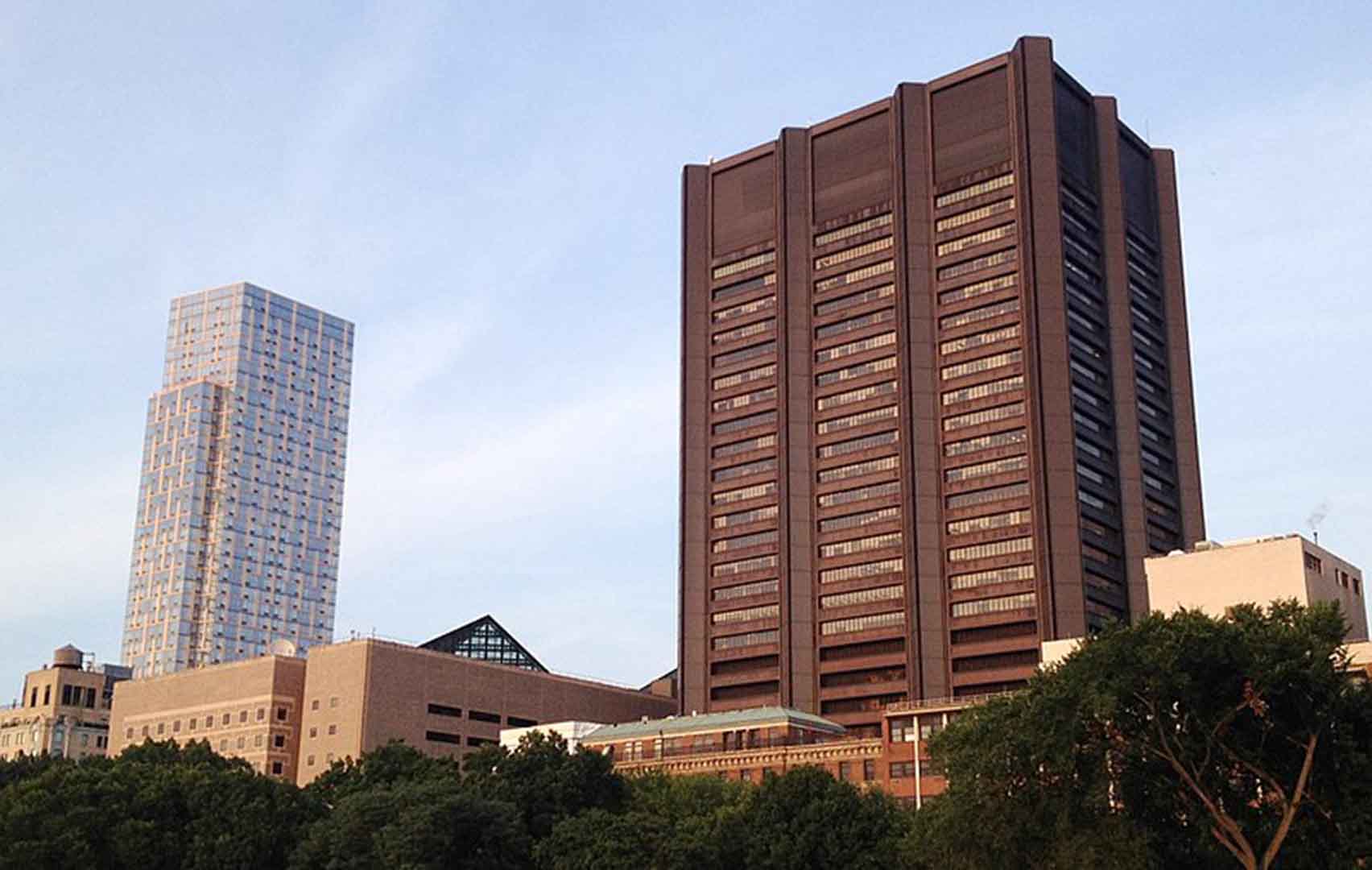Love in Verse

VISIONS FROM GRYMES HILL, by António Gomes. Turn of River Press, 1994, 95 pp. Rs. 100
António Gomes, a eleven-year Goan veteran of Mount Sinai Hospital, New York, is presently metamorphosed into a poet-philosopher. He examines the chemistry of suffering and joy, and attempts to decipher the mystery of life and death. After his wife died of cancer, in 1989, he thought he would never write poetry again. His inner world had been shattered by her departure. But God and Time are better healers than all our earthly physicians put together, and Gomes gradually came to terms with his loss and became whole again.
Visions from Grymes Hill is divided into two sections: “The Twilight Landscape” and “Poet’s Den”. In the first, the poems are more personal, reflecting his intense pain on the death of Marina. Gomes feels helpless that as a doctor he could not save her life. As he confesses in the Preface, “a doctor, a scientist and a heart specialist, I was engrossed in the miracles of Science. Yes, indeed! Science for me then was the one god I knew and understood above all gods. I was angry at this god for abandoning me. This god through whose intercession I had often mended the hearts of many men and women.”
Death laid its icy hands of her like an untimely frost upon the sweetest flower on all the field. The poet, unable to save her, is now in search of her. The poem “Visions” is a series of dreams reflecting this search, if not to find her – to find the answer. Born into a Roman Catholic family from Loutulim, Gomes now presents himself as an eclectic philosopher travelling through Hindu and Buddhist mythologies to find “the noble truth of the cessation of suffering” through “renunciation”.

The sad and humdrum life of a lonely man is reflected in the tone of some of the verse; but the sombre atmosphere turns to light whenever the poet chances upon the understanding of the mystery of life. Then he transcends his troubles and marvels at the myriad colours of human nature. His magnanimous heart looks upon the suffering of the “beggar and the hungry child”; his singing soul revels in music and dance as he draws the fine “portrait of a jazz pianist”, and Stan Getz.
Despite the magical confusion of his inner world, Gomes does spare a thought for Tiananmen Square and the Berlin Wall, communist dictatorships and Mikhail Gorbachev. All this is woven into his sensibility but he compulsively returns to “the image of my dear sick wife/Falling, rising, struggling/ Beautiful and hopeful to the very end”. Beautiful and hopeful, which is why even while a window closes on him with loss and sorrow another opens up with joy and hope. And as he turns his back on the images of the fateful year of 1989 “I welcome 1990, dancing with Tania, my only child”.
The “Poet’s Den” is an epic poem in which we follow the poet’s journey to disparate worlds and cultures. On seeking inspiration from the muse to write an epic, the poet is taken to a den where he encounters dead poets, ancient and modern. We are thus privileged to listen in on his intimate and far-reaching conversations with the great Bards from Dante, Goethe, Rilke, and Camões to Whitman, Tagore and Neruda.
The thematic range of this Section goes from the personal and religious to the social, economic and political. The issues reflect the events of the late 1980’s and early 90’s, “new challenges that have the immense potential of changing our world and our civilization”. Curiously, in these poems, written in the form of dialogues, Gomes blends his own poetry with that of the bards he encounters.
In Visions from Grymes Hill, which is his residence at Mount Sinai, António Gomes comes out as a man with the heart of a physician and the soul of a poet. Most touching is his line in the Preface: “I hope that those who read this book or parts of it will find these poets healing”. Witness the selflessness, the devotion, and the magnanimity of a fine doctor and sincere husband who invites us to partake of the pathos and passion of being fully human. The reader cannot help wishing that the poems have been cathartic for the writer himself.
(Herald -The Illustrated Review, 1-15 Sep 1995)
